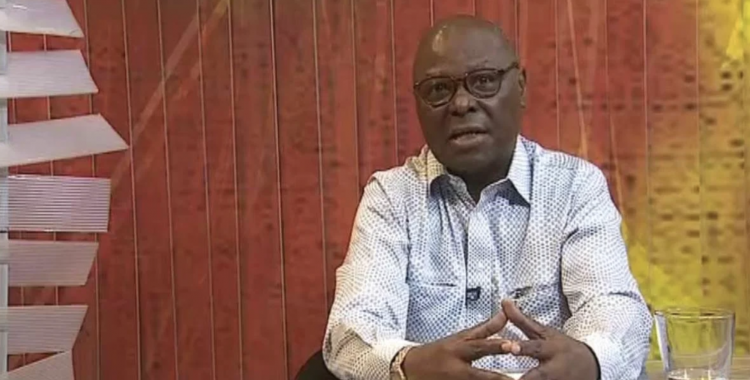In an interview with Lusa, the politician from the National Union for the Total Independence of Angola (UNITA) considered that the fall of the Portuguese colonial regime was dictated by the war in the then colonies.
The transition process in Angola towards achieving independence on November 11, 1975 was, he said, tainted by Portugal, noting that the Portuguese captain Melo Antunes already had the intention of handing over power to the Popular Movement for the Liberation of Angola (MPLA) , even before the Alvor Agreement, which established the sharing of power between the three liberation movements.
"The Portuguese already knew who they were going to grant their independence to, but they could never show it openly", stated Ernesto Mulato, highlighting that even with the transitional government, "Portugal's strategy was to make (life) easier for the MPLA" and that " decolonization was just a manipulation."
"Portugal had enough forces in Angola, which could stop any and all provocations from any political party, even from the three movements at the same time (...). So, as they were already involved in this whole maneuver, they would never do anything along the lines of a correct decolonization, because the correct decolonization would be the three movements here that made their rotation", he concluded.
For Ernesto Mulato, "the 25th of April was the consequence of the struggle in the colonies, in the 1950s the underground liberation movements began to carry out their actions and the struggle began in 1961".
"We are not going to say here who started the fight first, because the Portuguese Government itself said so on March 15, 1961," he said.
Although there were, in Luanda, actions on the 4th of January and the 4th of February 1961 (currently a national holiday in Angola, marking the start date of the national liberation struggle in Angola), for the Portuguese, he noted, the 15th of March 1961 was the date that "shook" the regime with the attacks by the UPA (União dos Povos de Angola, later the National Front for the Liberation of Angola, led by Holden Roberto) against the settlers in northern Angola.
Joaquim Ernesto Mulato, 83 years old, who began his active political life in 1959, having been active in the UPA in the 1960s, highlighted the figures of Holden Roberto, Barros Nekaka and Johnny Eduardo Pinnock (one of the main FNLA officers in the Alvor Agreement of 1975) as mentors in the process.
The UPA/FNLA, the Popular Movement for the Liberation of Angola (MPLA) and UNITA were the independence forces that led the well-known armed struggle for national liberation against the Armed Forces of Portugal.
A UNITA activist since the 1960s, Ernesto Mulato recalls that the beginning of the liberation struggle in Angola and other colonies created serious problems for the Portuguese regime, noting that António de Oliveira Salazar "minimized" the actions in other colonies, but paid particular attention to Angola and Mozambique.
"Salazar, at the time, could perhaps leave Guinea (Bissau) and the rest, but for Angola and Mozambique they had to enter with great force, so the war here was close," he observed.
The nationalist said that the colonial war was exhausting, especially for Portugal, not only for the Portuguese directly involved in the battles, but also for Portuguese society, with negative impacts on the country's social and economic well-being.
Mulato, who on April 25, 1974, was studying in London, recalled that months before young Portuguese arrived in England from Algeria, they already anticipated a difficult situation in Portugal.
A year before the 25th of April, Marcelo Caetano had visited London and assured journalists that "he did not fear a coup d'état and that Portugal was one of the most democratic European countries, (...) but after all there was already a seed", highlighted.
Ernesto Mulato, founding member of UNITA in 1966, considered that the 25th of April 1974 was "well received" by all liberation movements, with Portugal finding "without difficulty" partners in Guinea-Bissau and Cape Verde, through the Party African Party for the Total Independence of Angola (PAIGC), and in Mozambique via the Front for the Liberation of Mozambique (Frelimo), having difficulties, however, in Angola.
Ernesto Mulato, born in Bembe, Uíje province, where he was born on August 12, 1940, is a retired brigadier from the Angolan National Air Force. He was vice-president of the National Assembly of Angola and vice-president of UNITA, where he is currently a member of the presidency council and the Permanent Committee of the Political Commission.







